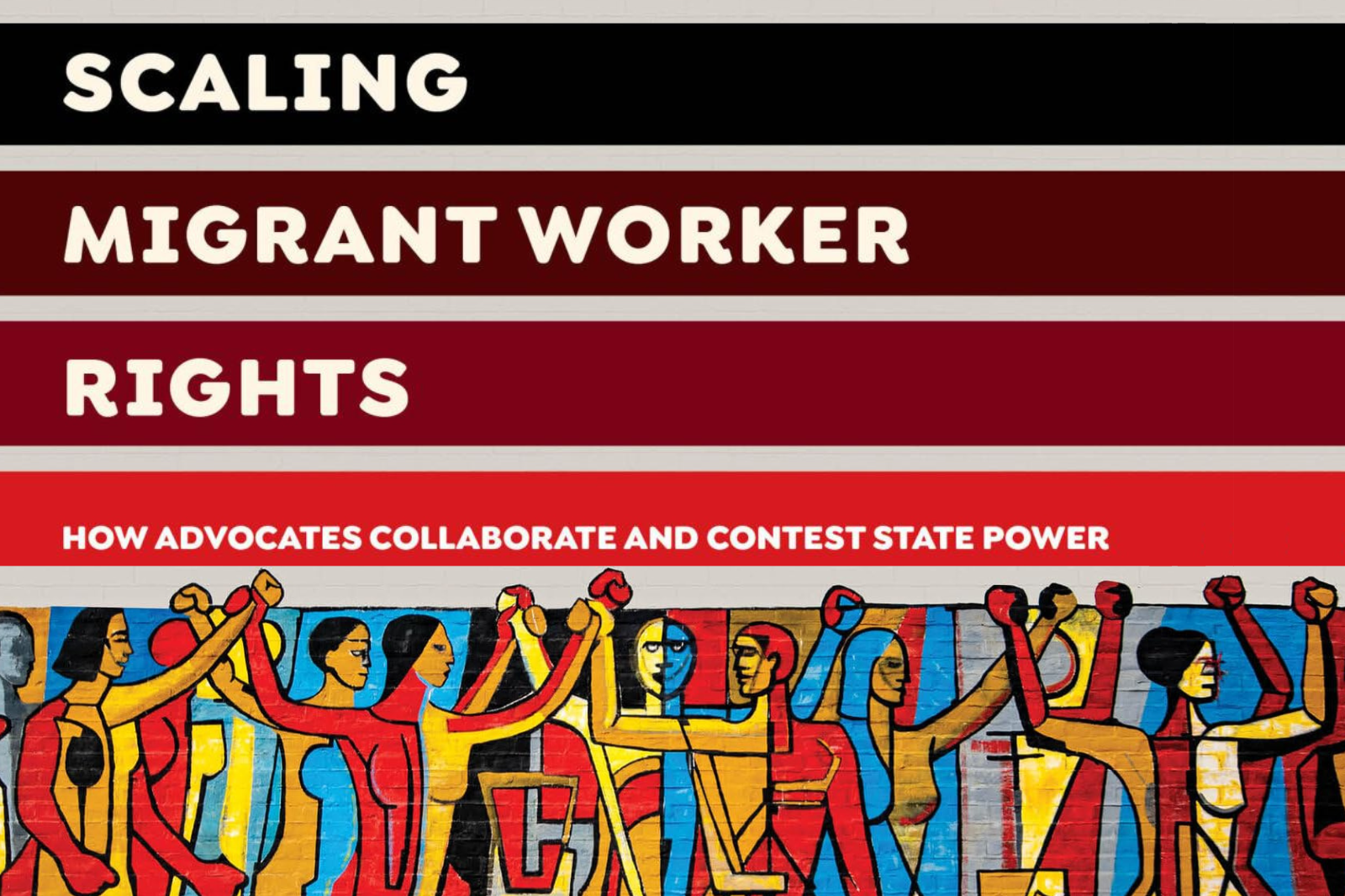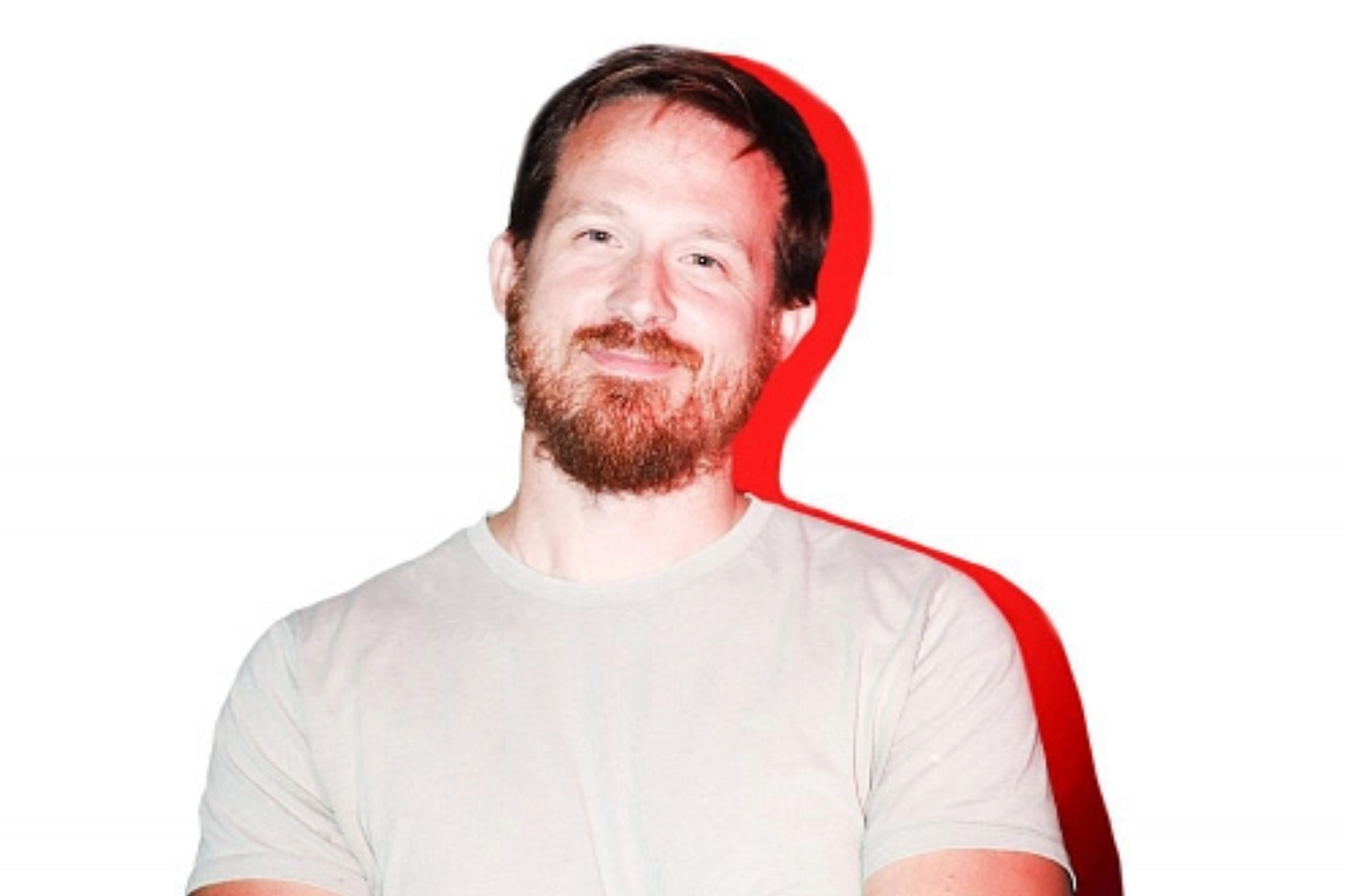Weird Fictions Research Group invites you to a workshop by
Joanna Kaniewska
(University of Warsaw):
Reading Movie Soundtracks: A Workshop
This event is a part of the Weird Music series organized by the Weird Fictions Research Group members and their invited guests.
Wednesday, March 16, 2022
at 5:30 p.m.
You can get 2 OZN points for participating in this event.
Check how to collect OZN points online here.
Where?
This is an online event and you need to register at a.kotwasinska@uw.edu.pl to participate. Deadline for registration is March 12, 2021. We will send the registered participants a Zoom link a day before the workshop.
What?
Music is one of the most affective forms of art: it can invoke powerful emotions and feelings that the listeners have little to no control over. This power is often used by filmmakers. They know that the right soundtrack can amplify the scene or the sequence, give it a new meaning, or even move the viewers to tears.
Who?
Joanna (Asia) Kaniewska is a subtitler by day and an independent researcher by night. She graduated from University of Warsaw with MA in Japanese Studies and American Studies and is currently working towards enrolling in the Doctoral School of Humanities. She’s been a part of Weird Fictions Research Group since its very beginnings in 2018. Her academic interests include popular music, Japanese and American popular culture, science fiction, and weird studies. Sometimes, she writes about them on her blog “dziewiętnaście czwartych” (“nineteen fourths”) or talks about them in her radio show “dancing in dystopia.”




